Regions of Thailand
Thailand is composed of five main regions
The North, Northeast, Central, East, and South
Each with its own distinctive landscapes, cultures, and ways of life. This diversity forms a shared identity that reflects the multifaceted spirit of Thainess.
Explore Central Thailand
Central Thailand has long been the cradle of Thai civilization—politically, spiritually, and economically. From ancient capitals to the global city of Bangkok, this region represents a unique balance of heritage and progress.
Culture![]()
Cultural and Historical Foundations
The central region played a key role from the eras of Sukhothai and Ayutthaya to modern-day Bangkok. Its rich heritage is reflected in landmarks like the Grand Palace and Wat Phra Kaew, as well as traditional cuisine passed down from royal courts to local kitchens.
Economy & Urban Development![]()
Modern Urban and Economic Core
Bangkok stands as Thailand’s hub of logistics, infrastructure, and financial services. Through the Thailand 4.0 vision, the region merges technology, innovation, and cultural identity in a model of balanced development.
Nature & Climate![]()
Green Plains, River Life, and Seasonal Serenity
Central Thailand is shaped by the fertile Chao Phraya River basin, offering lush rice fields, peaceful canals, and countryside charm. The area enjoys warm weather most of the year, with refreshing breezes during the cool season.
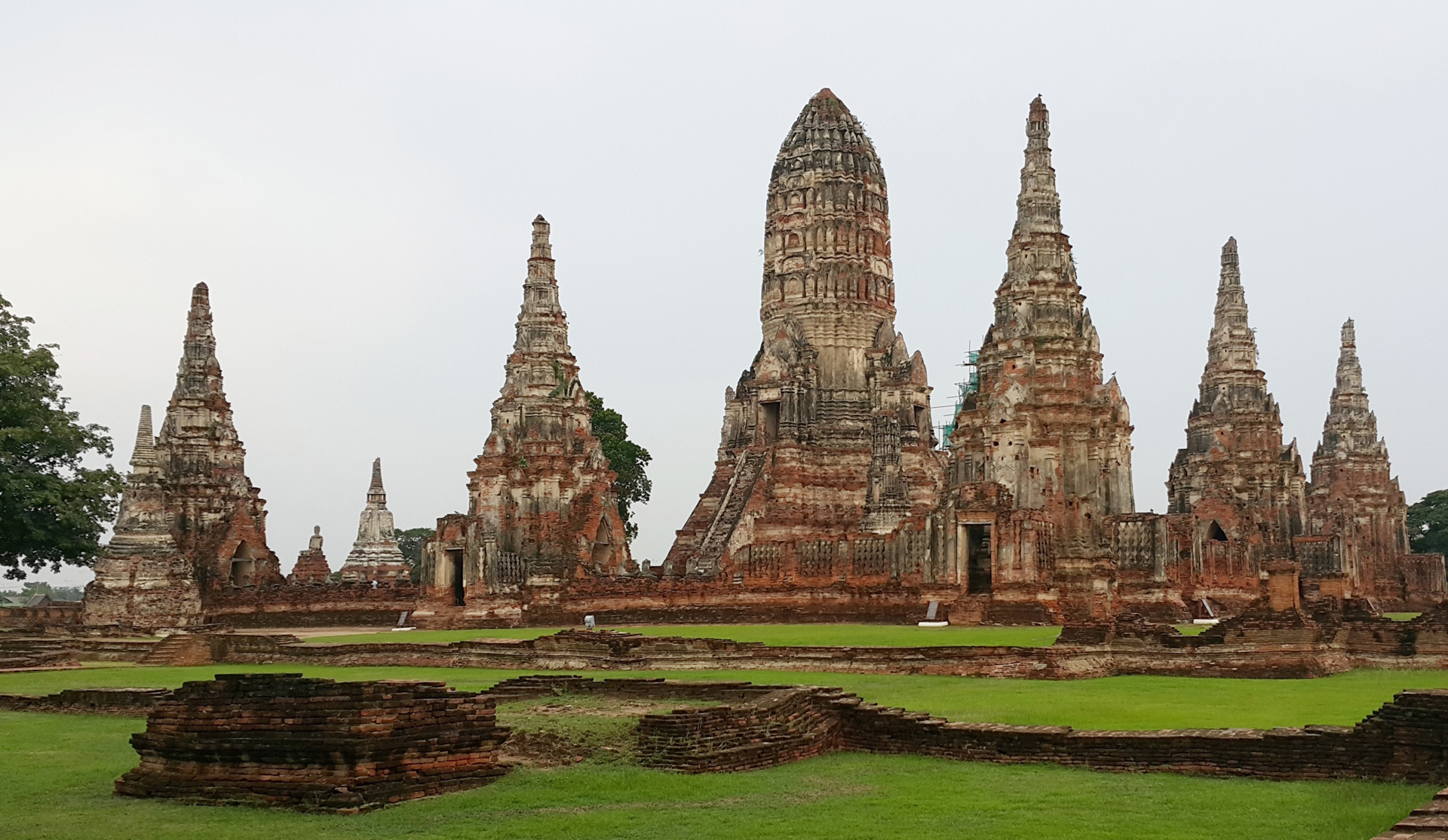
Discover the Charm of Northern Thailand
Northern Thailand is renowned for its beautiful mountains, lush greenery, and complete cultural heritage. Explore the vibrant cities of Chiang Mai and Phayao, where ancient temples and exciting adventures await you.
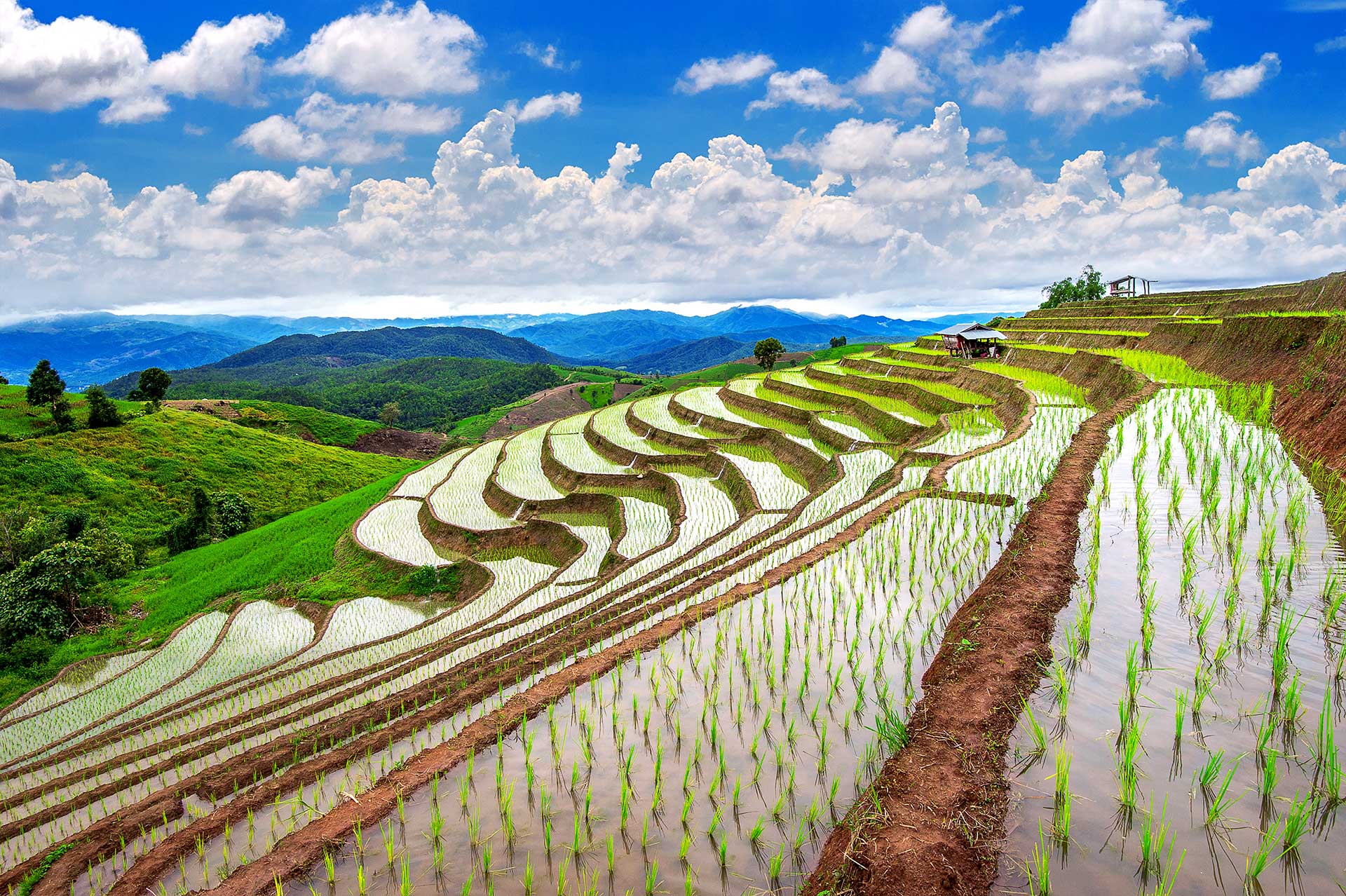
Explore Northern Thailand
Northern Thailand is known for its misty mountains, lush forests, and the graceful Lanna culture that dates back centuries. From sacred temples to local traditions, this region offers a deep connection to nature and heritage.
Culture![]()
Lanna Culture and Local Way of Life
Northern Thailand is rich in cultural identity rooted in the graceful Lanna heritage, blended with the way of life of hill tribes and valley farmers. From language and wooden architecture to local cuisine, this region reflects harmony between nature and community.
Economy & Development![]()
Creative Economy and Cultural Tourism
The North plays a key role in driving creative economy through local wisdom and sustainable innovation. The Northern Economic Corridor (NEC) promotes cultural tourism as a pathway to inclusive growth and long-term community prosperity.
Nature & Climate![]()
Refreshing Mountain Escapes and Cool Weather
Northern Thailand is also celebrated for its pristine nature, cool mountain air, and scenic highland retreats. From sunrise views on misty mountain tops to peaceful forest trails, the region offers year-round escapes with cool temperatures, making it a favorite destination for both relaxation and adventure.
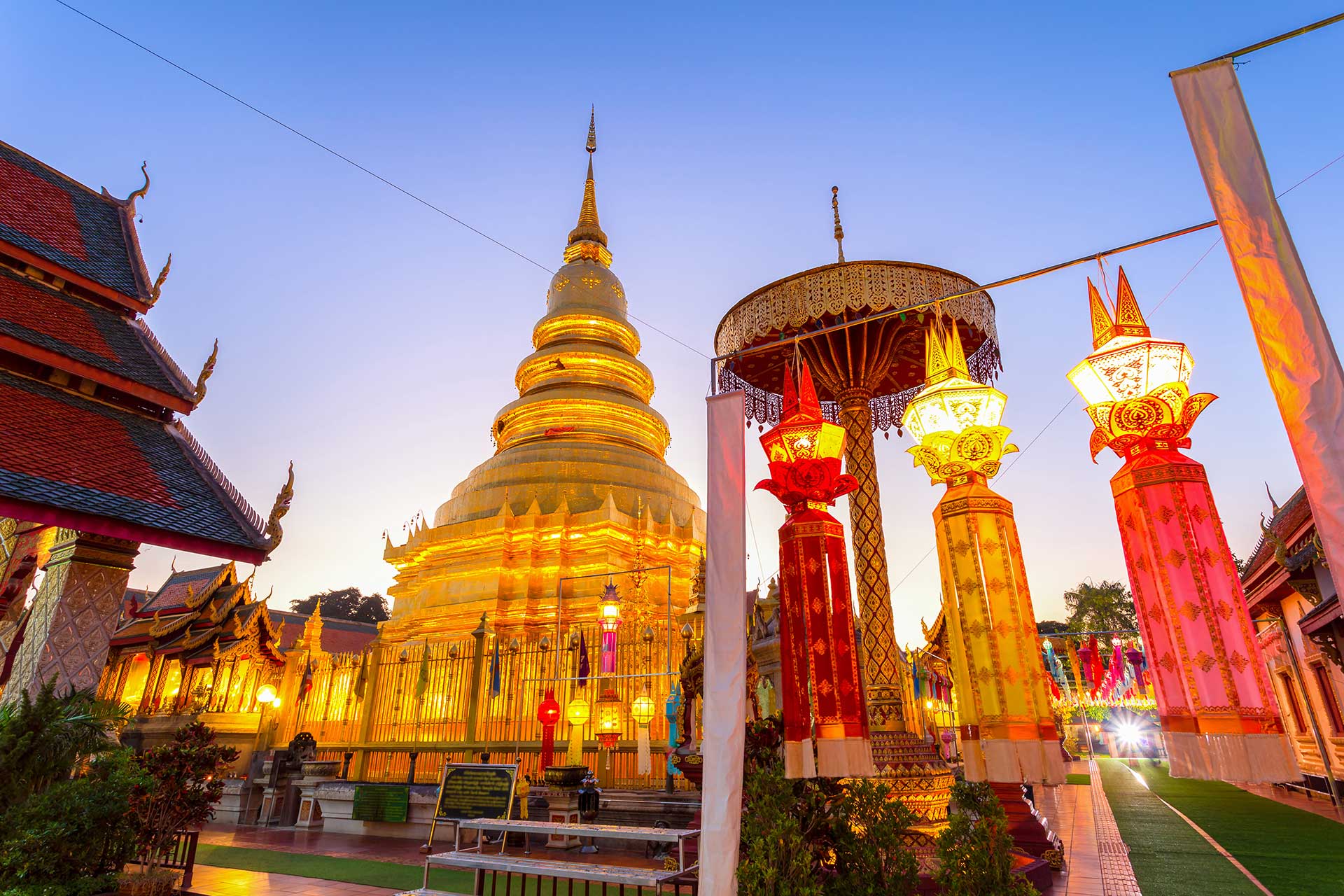
Discover the Soul of Northeastern Thailand
Northeastern Thailand, or Isan, is known for its deep cultural roots, vibrant folk traditions, and strong sense of community. From the sound of the khaen echoing through rice fields to ancient archaeological wonders, Isan offers a rich blend of heritage, resilience, and creativity.
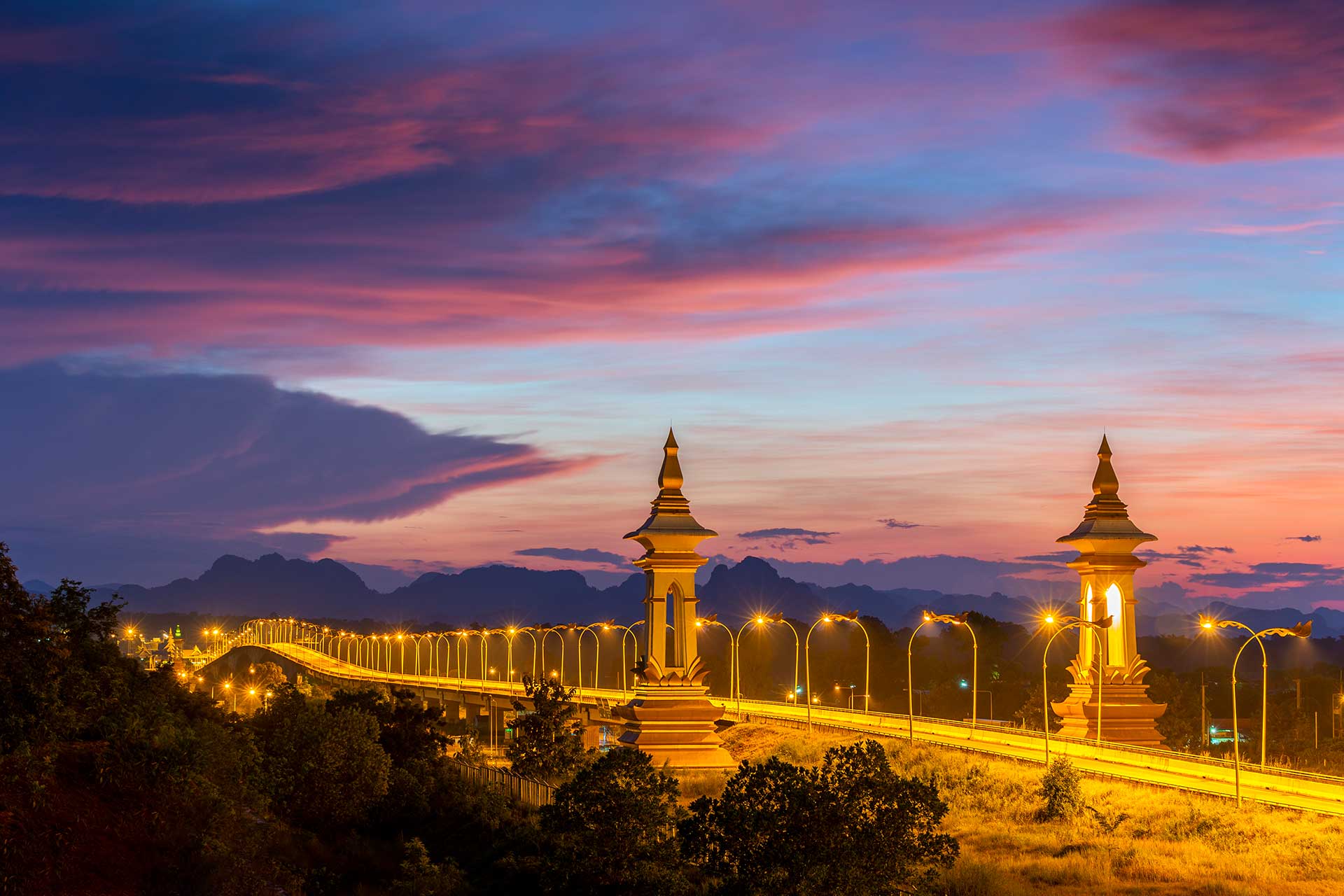
Explore Northeastern Thailand
Travel through Isan's cultural heartland—where ancient heritage, local wisdom, and vibrant folk traditions come together across Ubon Ratchathani, Khon Kaen, and Nakhon Phanom.
Culture![]()
Folk Traditions and the Spirit of Mor Lam
Isan is rich in cultural identity rooted in its folk music, khaen melodies, and community-based performances like Mor Lam. From ancient sites like Ban Chiang to village stages, the region reflects deep-rooted wisdom and communal strength.
Economy & Development![]()
Local Wisdom and Sustainable Creative Economy
Isan serves as a model for inclusive growth, where local crafts, food traditions, and bio-based innovation—such as som tam, larb, and grilled sticky rice—are transformed into sustainable cultural industries rooted in community life.
Nature & Climate![]()
Expansive Plateaus and Cultural Landscapes
Northeastern Thailand features a vast plateau landscape, national parks, The region’s dry and cool season brings clear skies and pleasant temperatures, perfect for exploring natural and cultural sites.
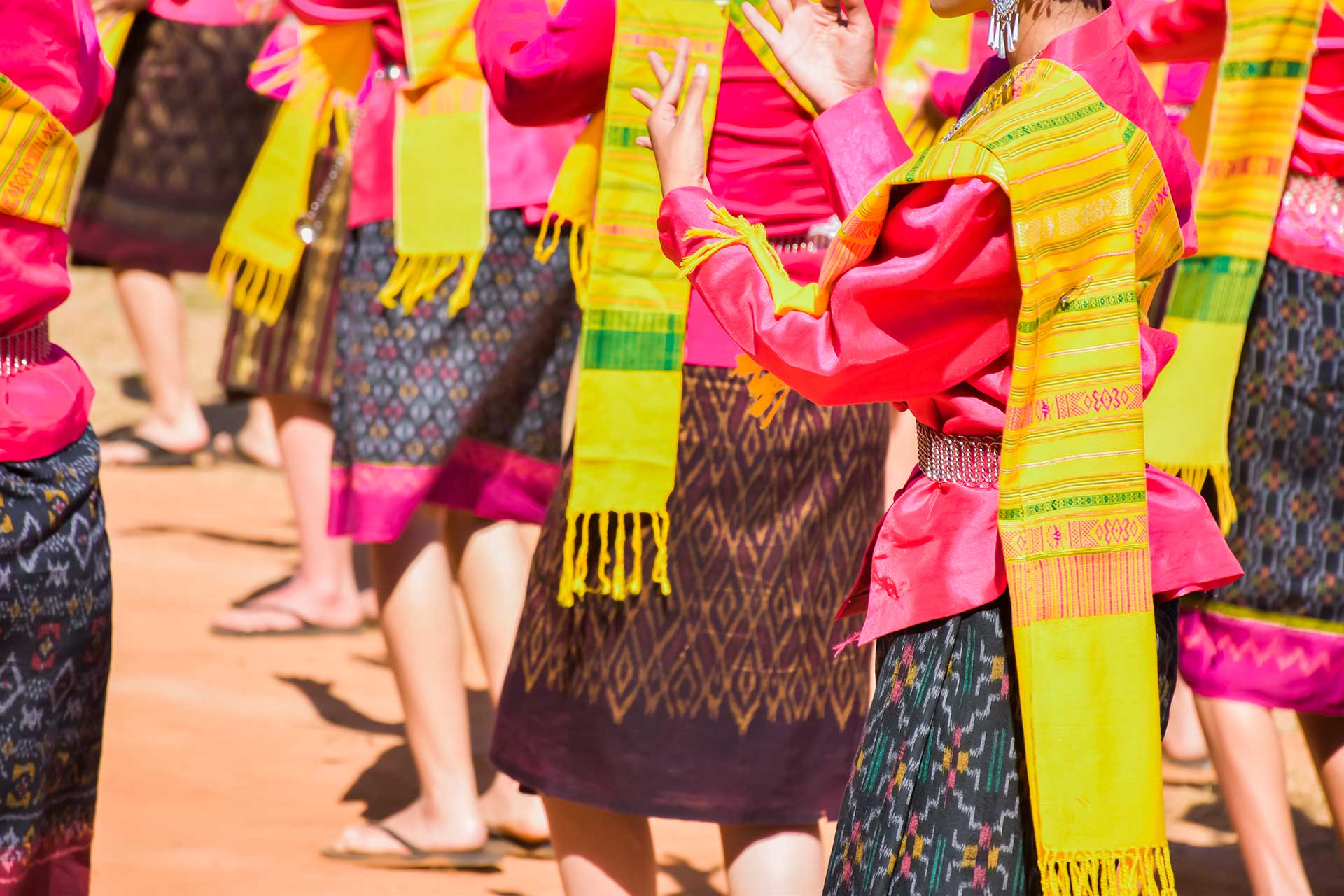
Discover the Potential of Eastern Thailand
Eastern Thailand is a rising economic powerhouse along the Gulf of Thailand. From deep-sea ports to tropical islands, the region blends innovation, logistics, and coastal traditions with rich natural and cultural heritage.
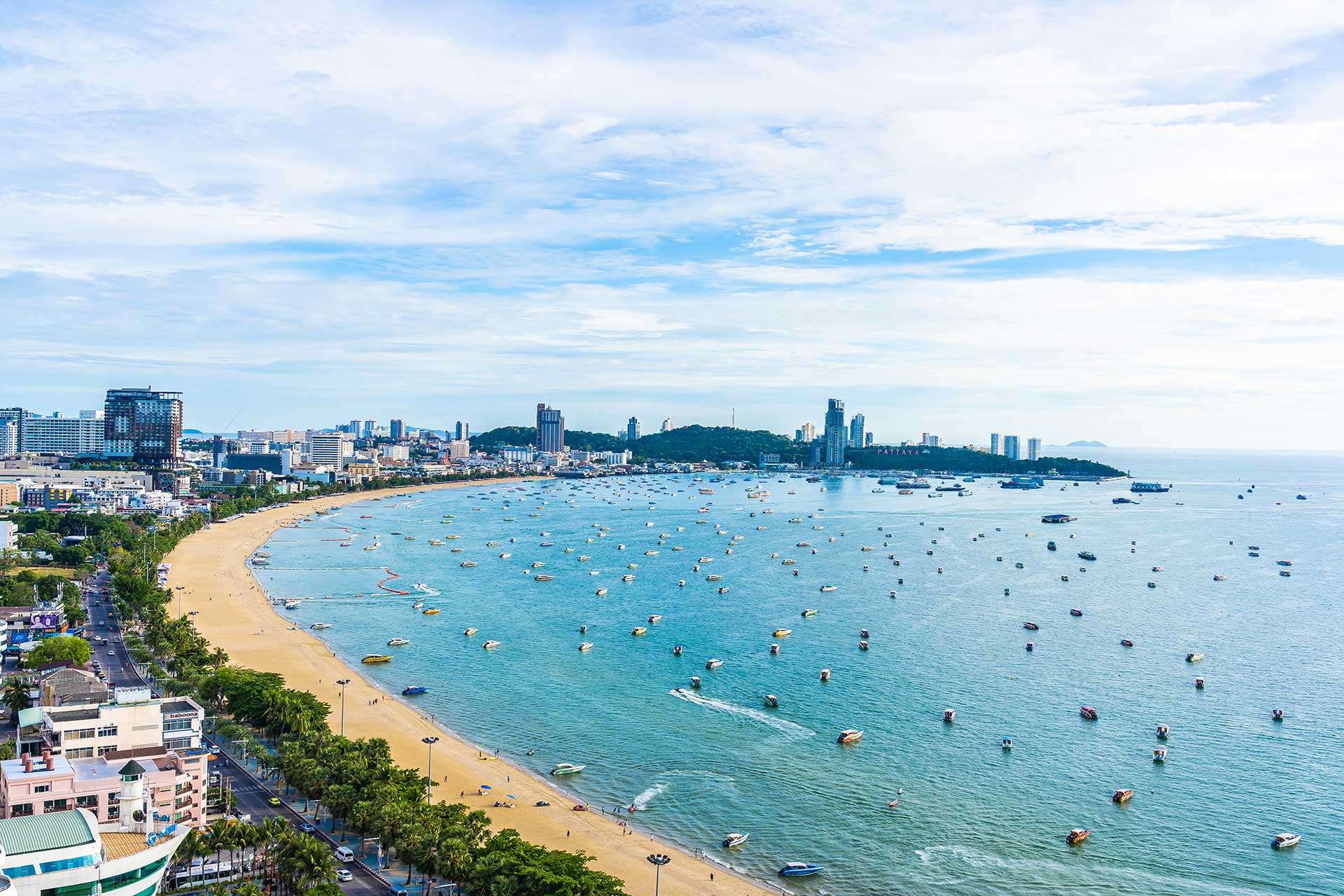
Explore Eastern Thailand
From coastal innovation hubs to island escapes, Eastern Thailand offers a dynamic mix of industry, ecology, and culture—anchored by cities like Chonburi, Rayong, and Chanthaburi.
Tourism & Culture![]()
Nature-Based Tourism and Coastal Traditions
Despite rapid growth, the region preserves its coastal charm—ranging from tropical islands like Ko Samet and Ko Chang to local traditions such as sand pagoda festivals and artisanal fishing, all aligned with sustainable, green-economy values.
Economy & Development![]()
Coastal Economic and Logistics Hub
Eastern Thailand plays a key role as a regional hub for industry, clean technology, and logistics, supported by deep-sea ports like Laem Chabang and thriving cities such as Chonburi, Rayong, and Chachoengsao.
Nature & Climate![]()
Coastal Beauty and Tropical Breezes
Eastern Thailand offers a mix of beaches, islands, and tropical fruit orchards. Coastal provinces like Rayong and Trat are known for their sea breezes, clear waters, and relaxing atmosphere year-round.
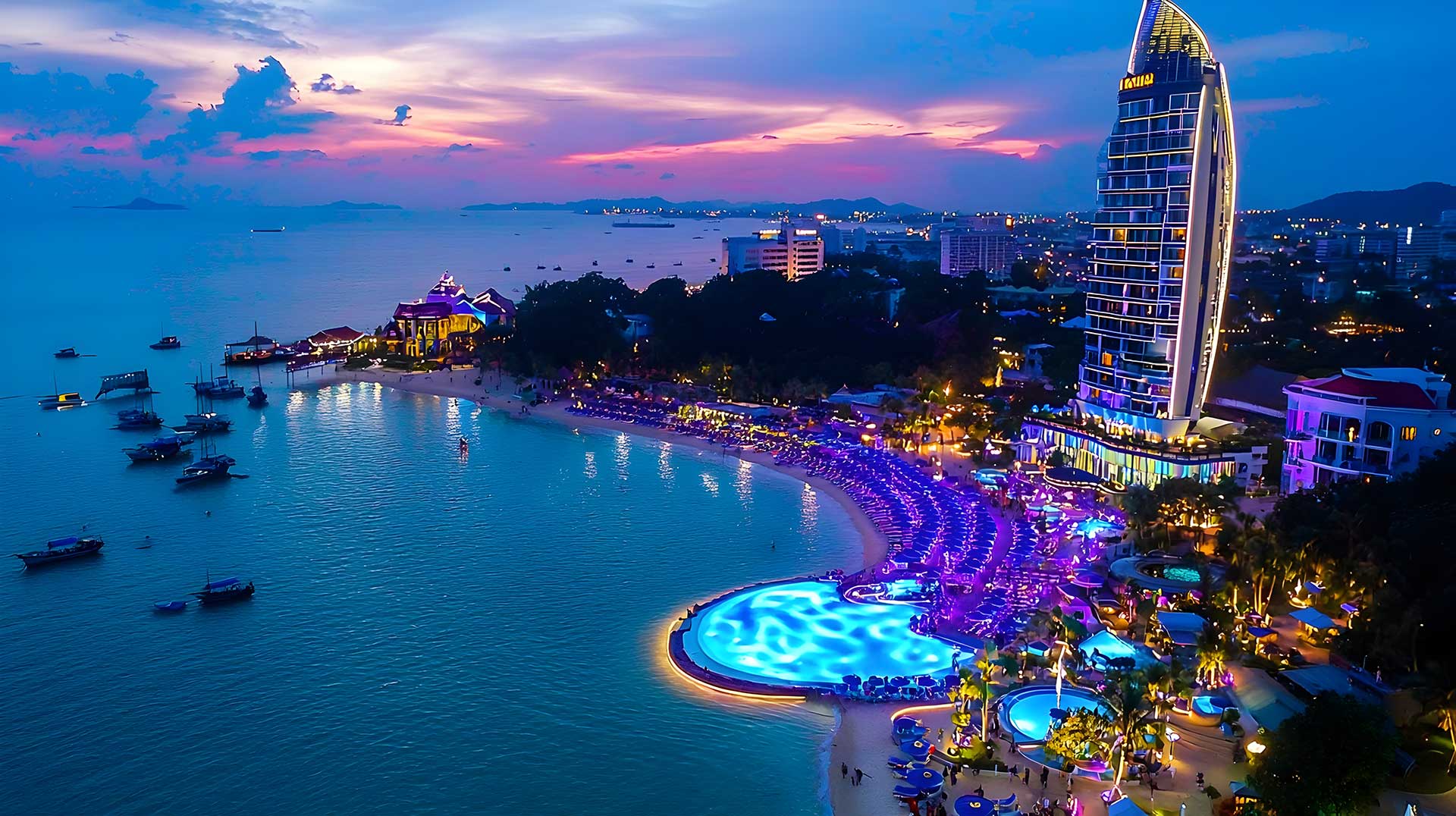
Discover the Cultural Richness and Natural Beauty of Southern Thailand
Southern Thailand is a coastal region full of life—where Buddhist, Muslim, and sea communities create a vibrant cultural mosaic. From traditional Norah dance to pristine islands and spicy cuisine, the South offers a rich, authentic experience.
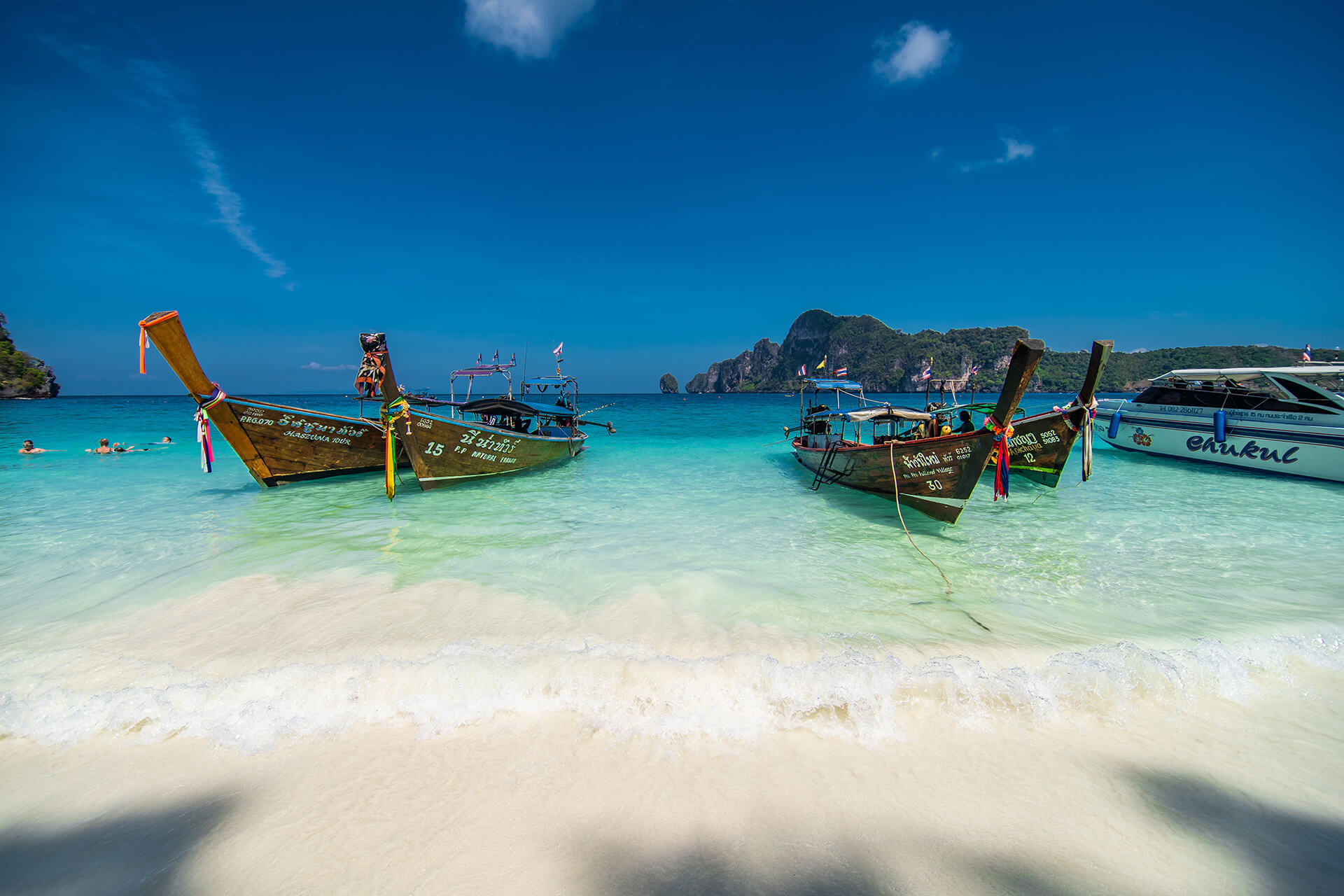
Explore Southern Thailand
From Phuket to Nakhon Si Thammarat, discover white-sand beaches, emerald seas, and rich local traditions shaped by nature, faith, and flavor.
Culture![]()
Coastal Culture and Spiritual Diversity
Southern Thailand is home to a rich blend of communities—Buddhist, Muslim, and sea-dwelling—that shape its unique coastal identity through Norah dance, local festivals, and deeply rooted traditions.
Nature & Development![]()
Abundant Nature and Sustainable Tourism
From the islands of Phangan to the lush forests of Chumphon, Southern Thailand offers pristine beaches, emerald seas, and vibrant ecosystems—promoting high-end, eco-conscious travel paired with bold southern flavors.
Nature & Climate![]()
Islands, Rainforests, and Ocean Air
Southern Thailand stretches across the Andaman Sea and Gulf of Thailand, boasting rainforests, limestone cliffs, and iconic beaches. The tropical climate brings both sunshine and refreshing rain, making the region green and vibrant year-round.
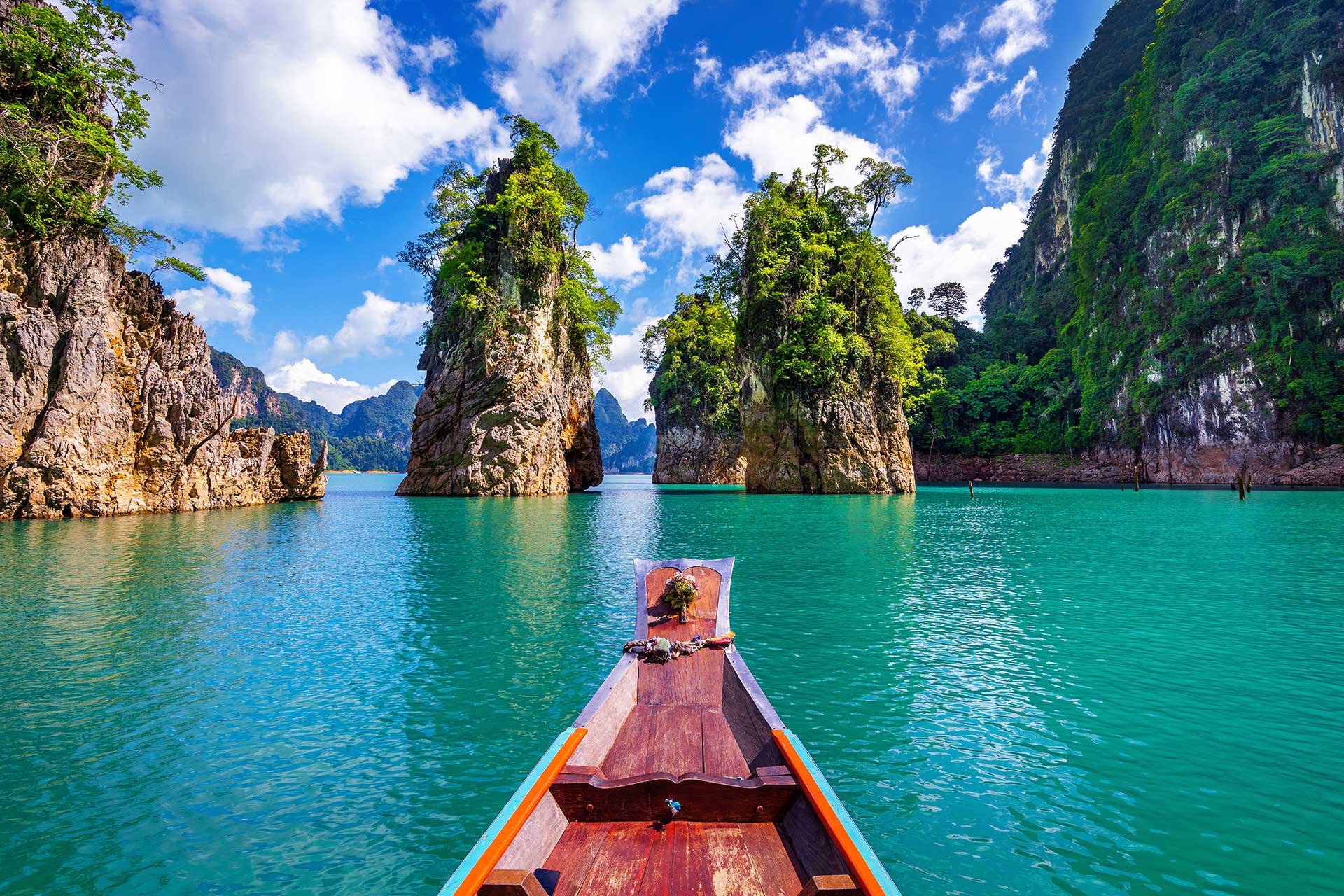
Discover the Most Beautiful Islands in Thailand
Thailand is home to some of the most beautiful islands in the world, from vibrant night-life to serene beaches. Each island offers a unique experience.
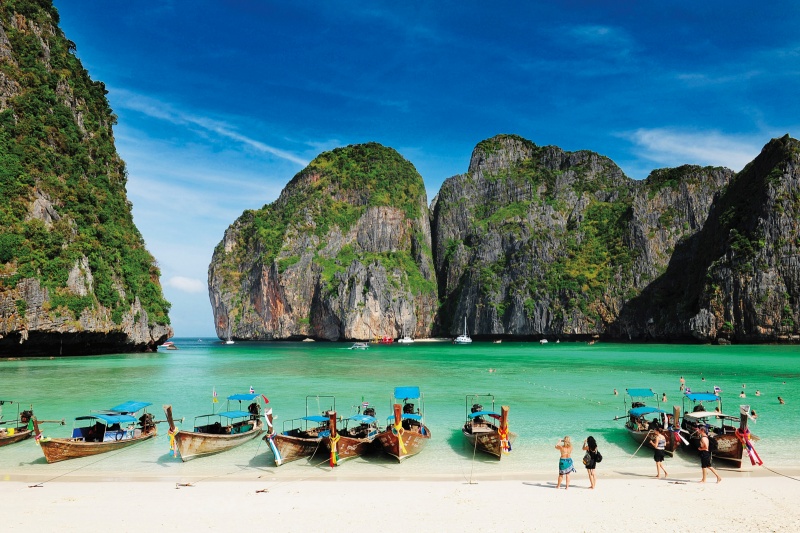
Maya Bay (Ko Phi Phi Le)
A world‑famous cove on Ko Phi Phi Leh, known for its pristine white sand, crystal-clear waters, and limestone cliffs. Now managed sustainably to preserve its natural beauty.
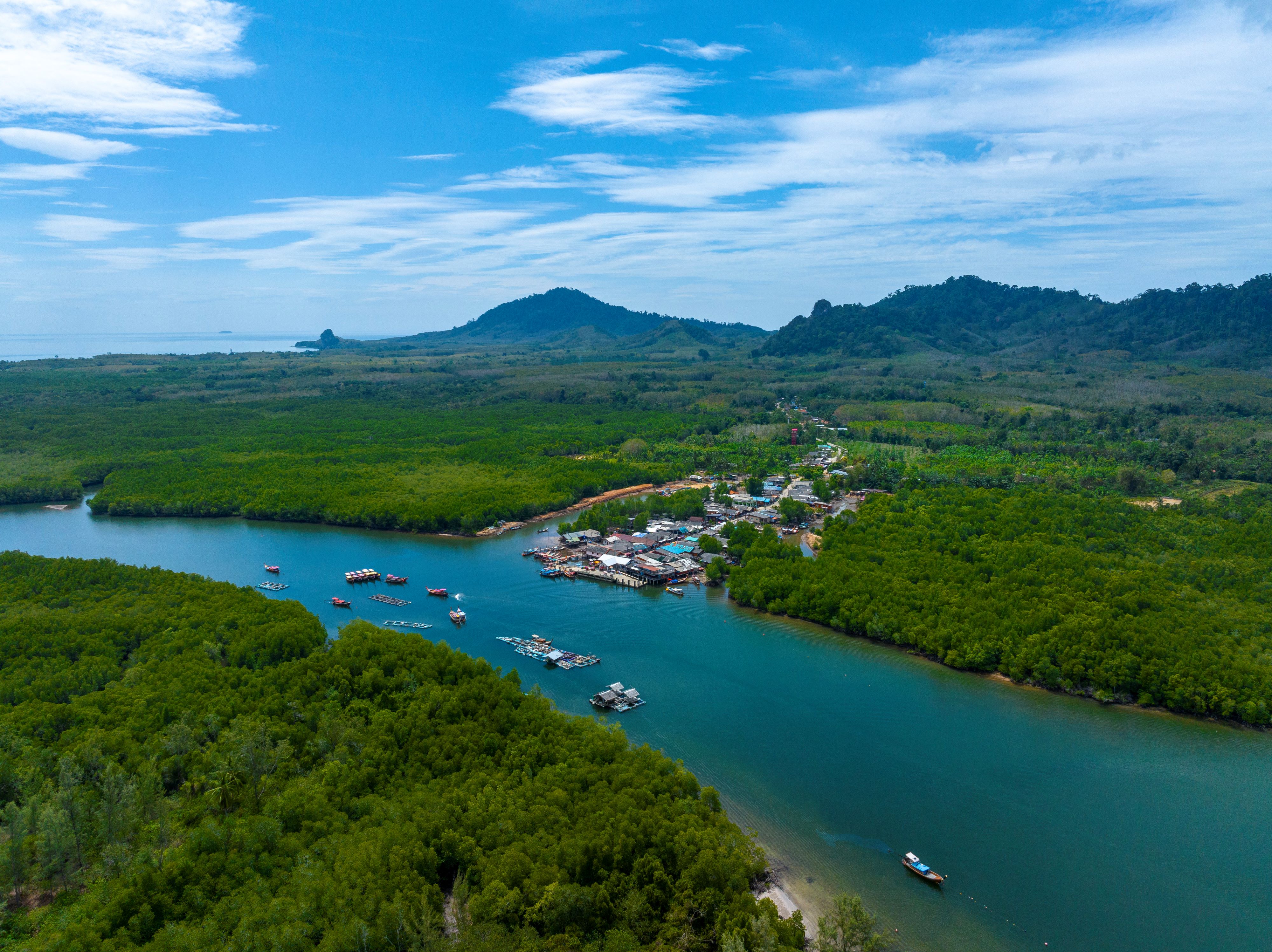
Ko Libong
Trang’s largest island in the Andaman Sea, famous for its beaches, coral reefs, dugong population, and a close-knit Muslim fishing community that practices conservation.
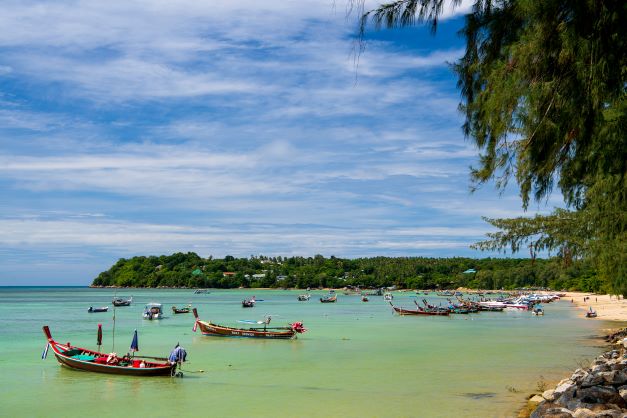
Rawai Beach (Lon Island)
A peaceful beach in Phuket serving as a gateway to nearby islands via long‑tail boats, with fresh seafood restaurants lining the shore—a relaxing escape from city life.
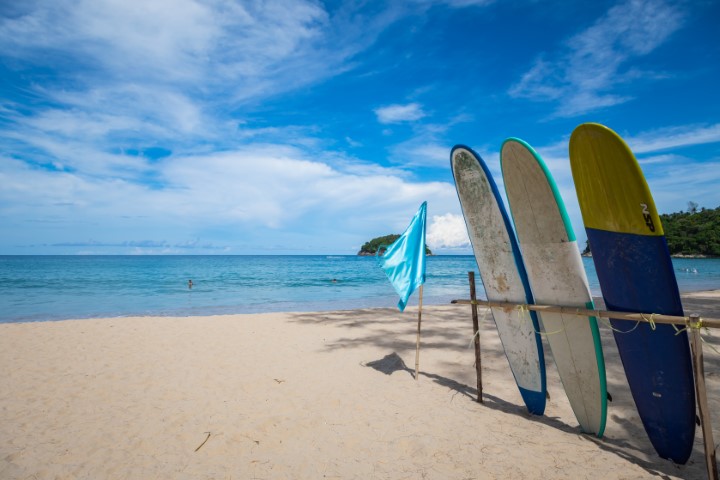
Hat Kata
A scenic beach in Phuket, framed by hills and clear water, perfect for swimming, sunbathing, and watching sunset behind Ko Pu offshore.